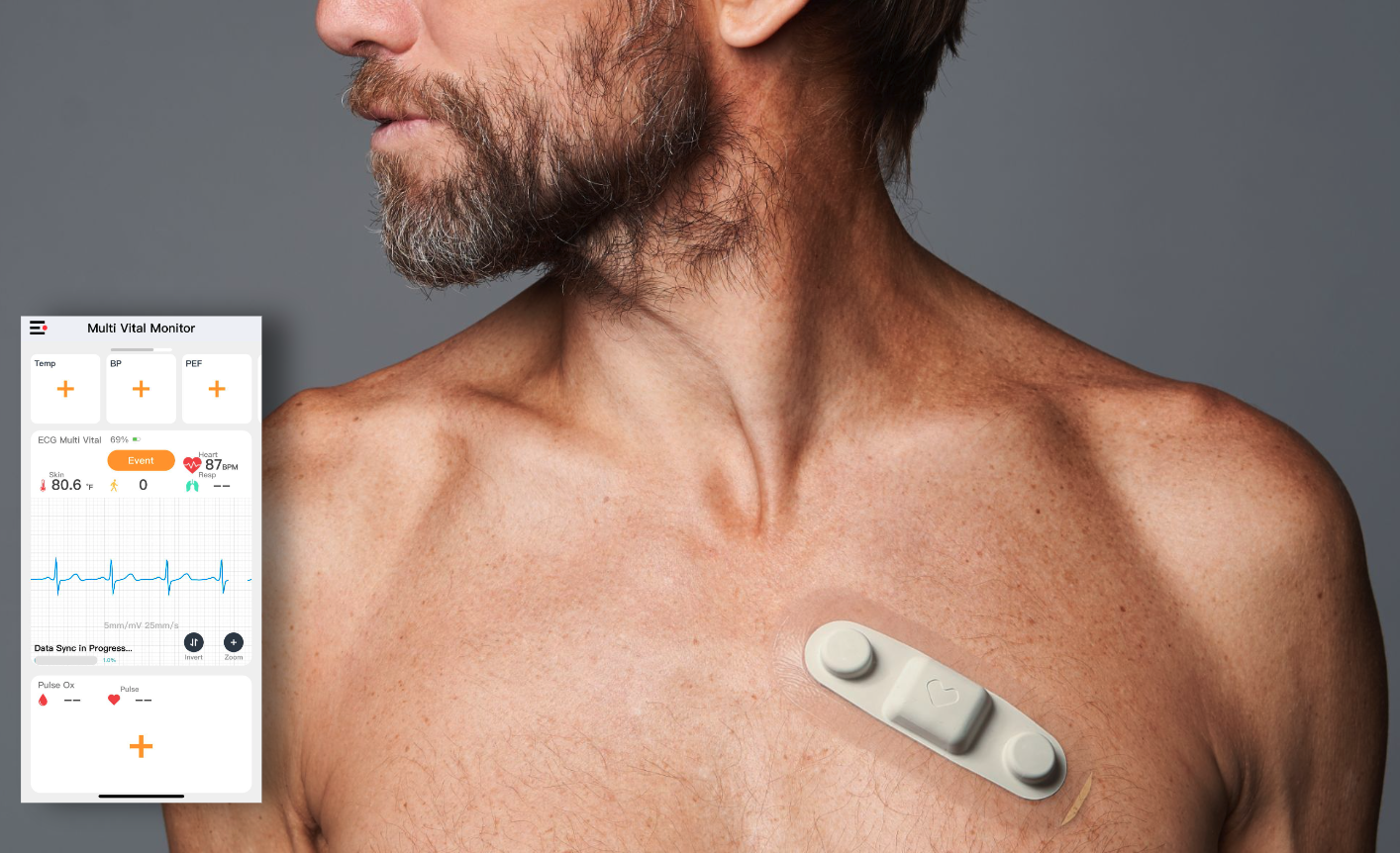
What You Should Know:
– Vivalink, a provider of digital healthcare solutions, is supporting a study conducted by the University of Louisville’s Christina Lee Brown Envirome Institute on how urban green spaces influence human health. Researchers are using Vivalink’s Biometrics Data Platform to monitor participants’ real-time physiological responses in natural and urban environments, providing valuable health data that could inform urban planning and public health initiatives.
The study, named the Trager MicroForest Project, aims to provide data-driven evidence that can help cities integrate green spaces to improve community mental health and well-being.
Measuring the Physiological Impact of Nature
While prior research has linked exposure to nature with improved well-being, questions remain about the specific physiological effects and the duration of exposure needed to achieve measurable health benefits. To answer these questions, researchers are transforming an underused city lot into a densely planted green space, providing a controlled urban setting to measure its effects.
The study uses Vivalink’s continuous multi-parameter ECG monitor to measure real-time changes in key physiological indicators as participants move between urban concrete environments and the green space. These indicators include:
- Heart rate variability (HRV)
- Respiration
- Stress levels
Researchers also track environmental factors such as air quality, temperature, and humidity to isolate nature’s direct effects on health.
Early Results Show Reduced Stress and Improved Well-being
Although the study is ongoing, early results are promising and suggest that spending time in a green space reduces stress.
- Participants reported lower anxiety scores on a validated stress scale.
- The wearable data from Vivalink’s platform confirmed these self-reported findings with improved HRV, a key indicator of cardiovascular health and stress resilience.
“Tracking physiological responses to our surroundings gives us deeper insights into how even small green spaces impact well-being,” said Rachel Keith, associate professor of medicine at the University of Louisville School of Medicine. “Our goal is to equip policymakers, city planners, and healthcare professionals with data that supports a greener and healthier community, ultimately improving public health at large.”
